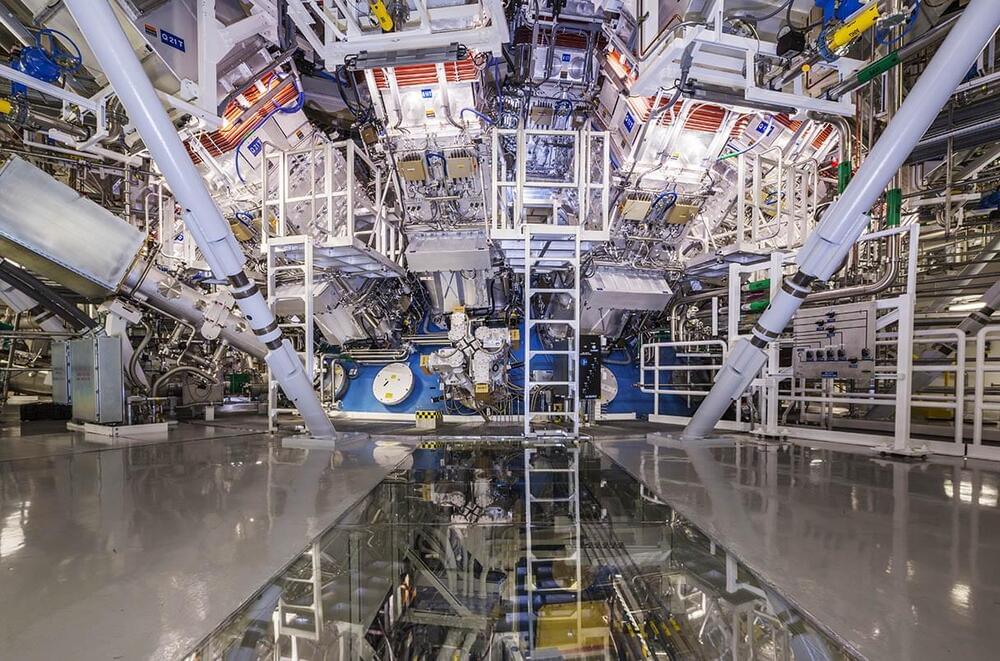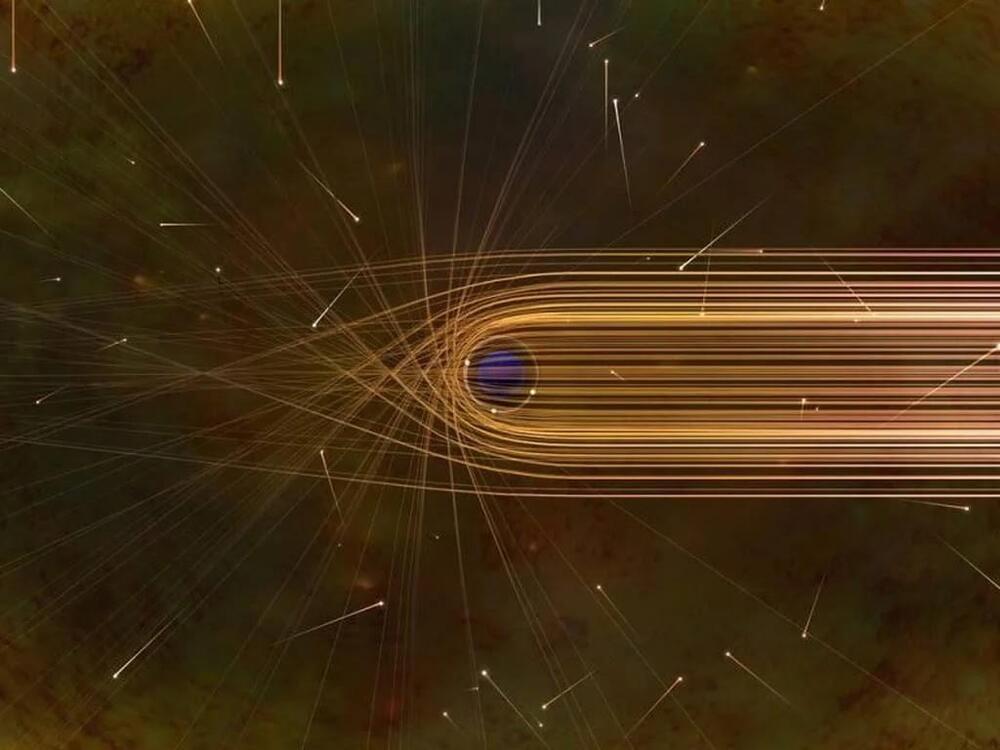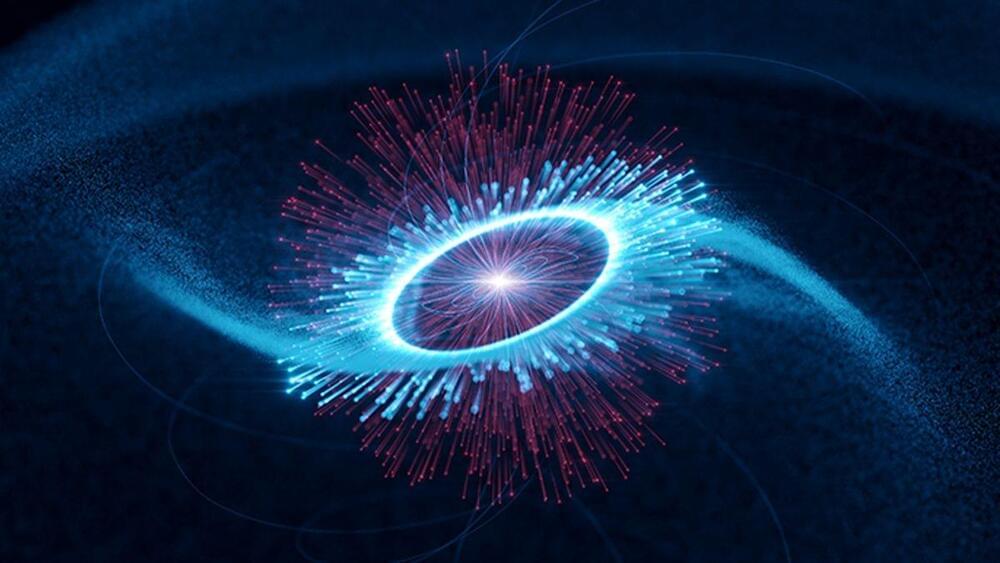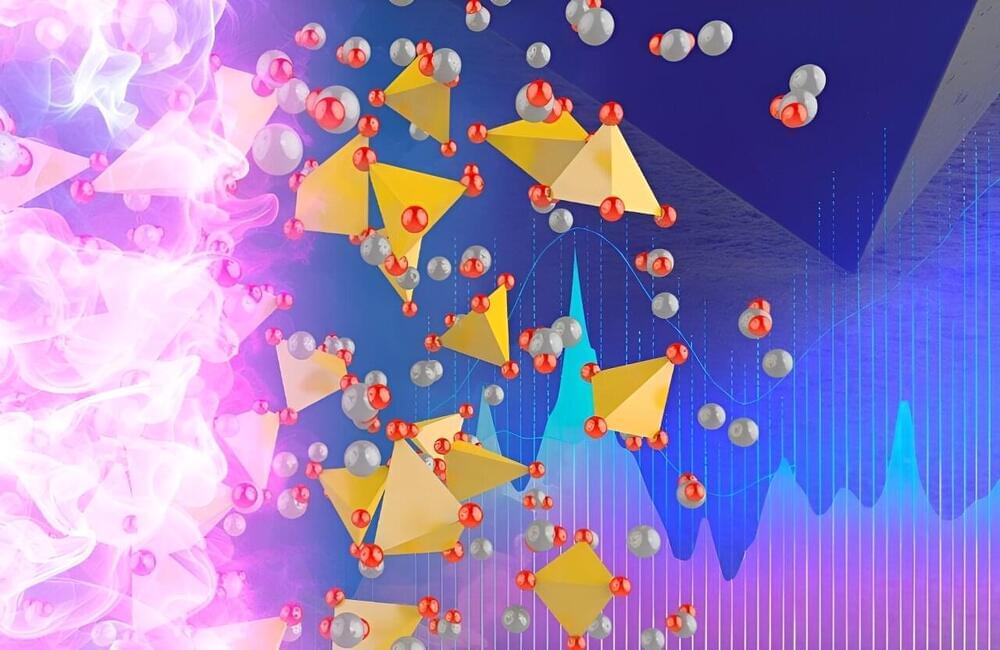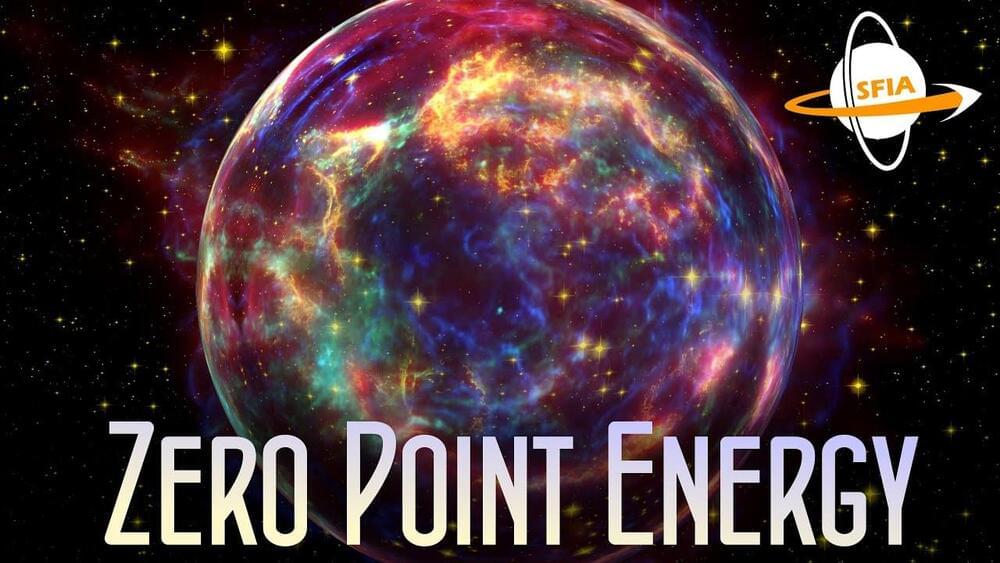Oct 7, 2023
2 methods to solve and improve HDZero & Avatar HD FPV goggles shut down issue when using Crossfire
Posted by Joseph John in category: energy
The Crossfire transmitter perturbs the usual functioning on HDZero & Avatar HD FPV Goggles. If you get closer to the goggles’ power cable or goggle, the goggle will shut down or reboot. This video presents two solutions to solve this issue.
00:00 – Video starts.
00:07 – The problem (Crossfire emission power 250 mW)
00:35 – The problem (Crossfire emission power 500 mW)
01:08 – First approach: using a ferrite cable clip.
03:07 – Second approach: using a capacitor as a low-pass filter.
04:27 – Conclusions.
